Fashion: Made in... / Barcelona
Urban Fabric
Barcelona has a proud history as a hub of textile manufacturing and design. Today this endlessly inventive city is home to a new generation of independent producers and makers still flying the flag.
Barcelona is a city built on the riches of its manufacturing heritage. For much of the 19th century, Catalonia was known as “the factory of Spain” and the wealth generated by its booming textiles industry helped fund the development of Barcelona’s cultural scene and its impressive architectural landmarks.
The city might no longer be quite the industrial powerhouse that it once was, but it has retained a reputation as a hub for innovation and cultural taste-making. There are still manufacturers to be found in and around the city, producing small batches of premium quality wares, while in the neighbourhood of Poblenou, warehouses and factories have been transformed into all manner of creative studios filled with young Catalan designers who are determined to make their mark on the international fashion landscape.
Here, we round up some of the most noteworthy regional designers who remain committed to producing their collections in their hometown. —
1
Shoulder season
Ölend

Ölend co-founders Adriana Dumon and Fran Rios first crossed paths while working as filmmakers in Barcelona. After taking a diy backpack-making course together, they started creating their own designs. Encouragement from friends and family inspired them to officially launch Ölend in 2012 and start selling commercially. “Our initial inspiration was Nordic aesthetics, with very geometric shapes,” says Dumon. “But over time we evolved and began incorporating more colours and organic shapes.” Today, Ölend produces totes, backpacks and shoulder bags in lightweight nylon, all designed in its Poblenou atelier. All bags come in bright colours, with internal and external pockets. “City life requires designs that are functional and versatile,” says Dumon.
olend.net
2
Hidden gem
Après Ski
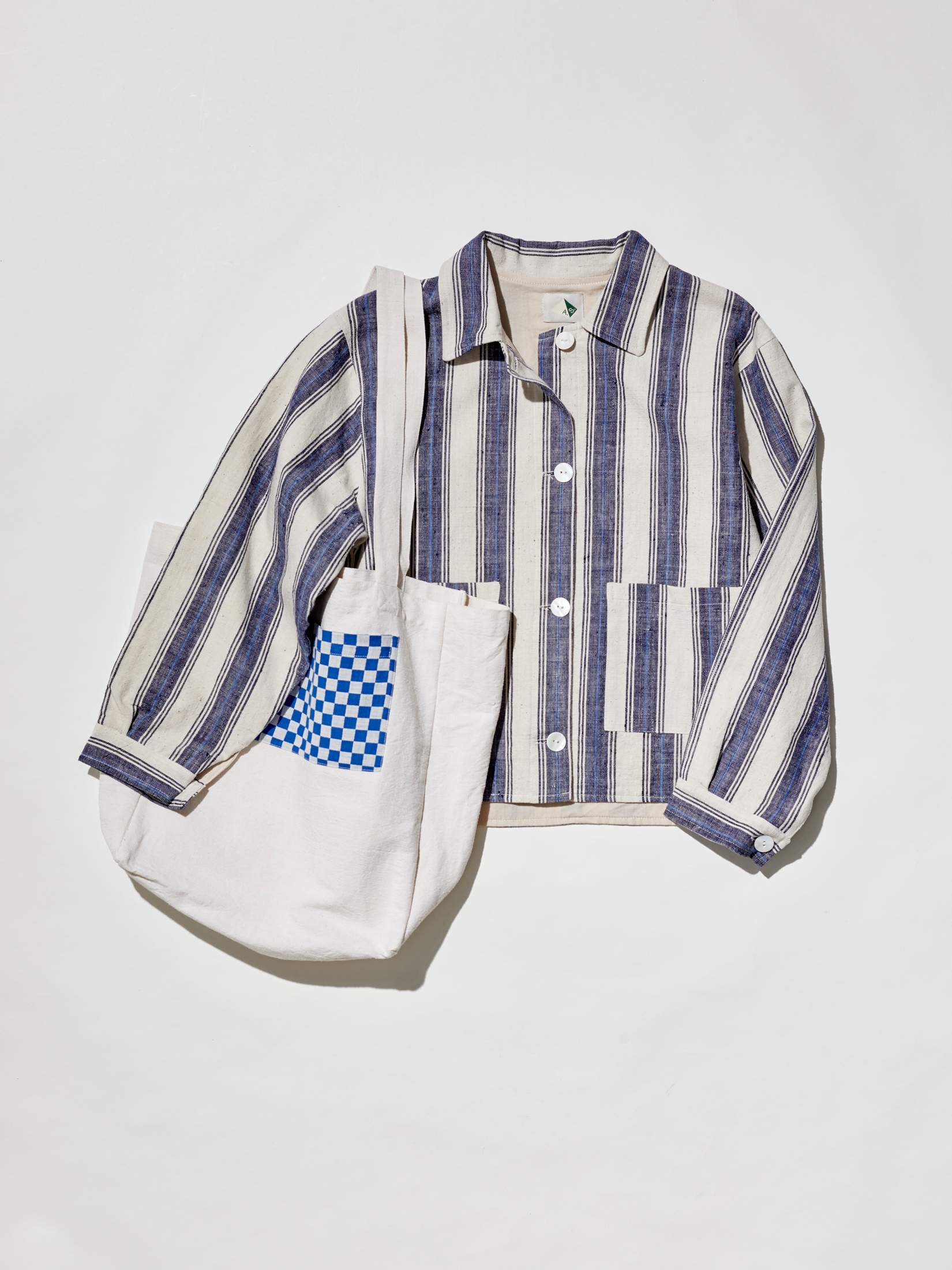
Founder Lucía Vergara and her team design Après Ski’s jewellery collections in the brand’s small shop-cum-atelier down a narrow side street in El Born. A few years ago, she started making her own clothing for models to wear in her jewellery campaigns. Customers expressed interest in buying the full look, prompting Vergara to add unisex shirts, jackets and hats to Après Ski’s collection. Pieces are limited, as they’re mostly made using vintage fabrics. “I search for fabric everywhere, from flea markets to auctions,” says Vergara.
apresski.es
3
Material rewards
Bielo
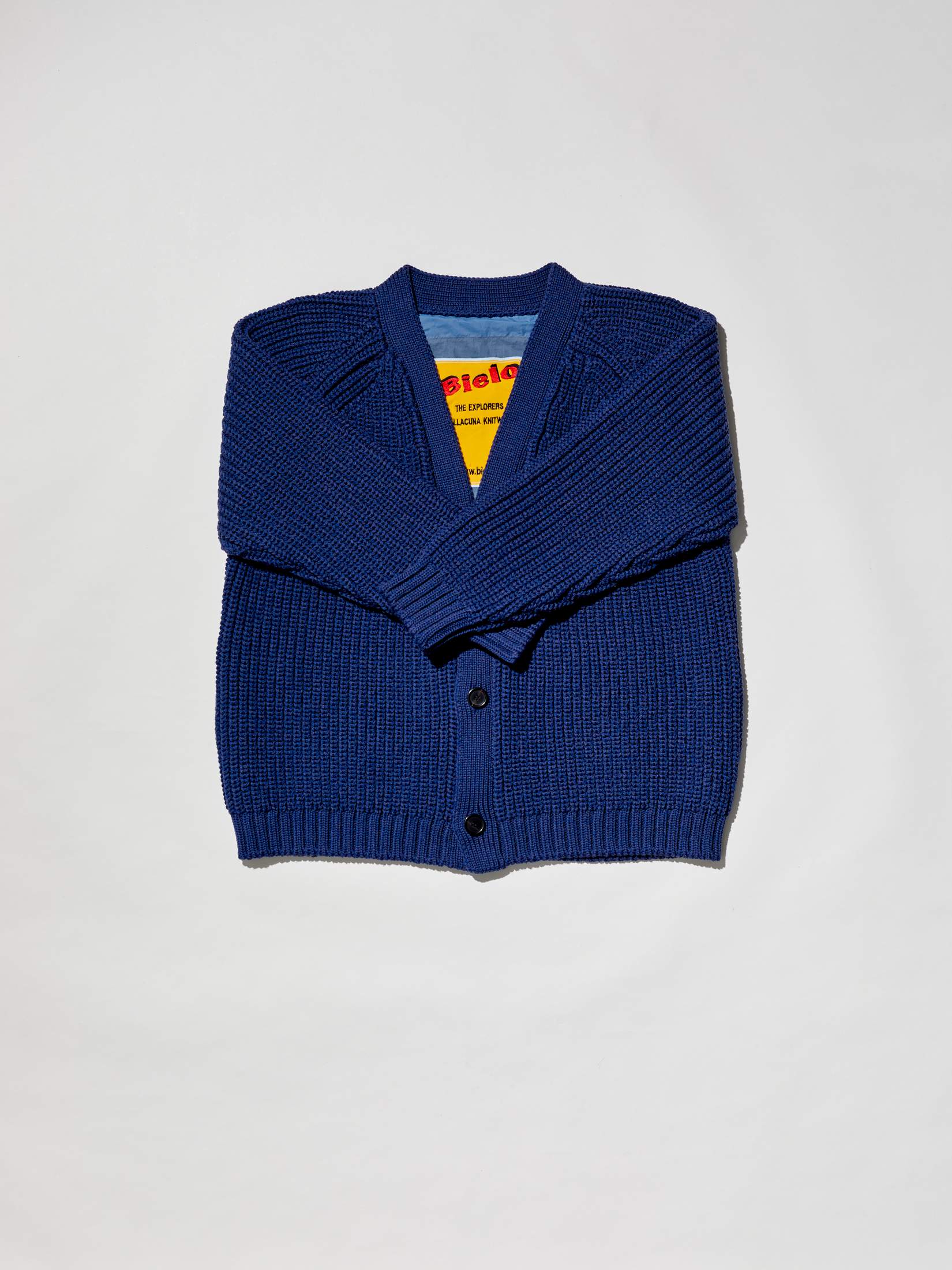
Bielo founder Josep Puig Romeu’s family has been producing premium knitwear since the mid-1980s. From the small town of La Llacuna, its manufacturing business has used state-of-the-art Japanese knitting machines to create designs for the likes of Marni and Balenciaga. “Since the age of 20, I was gaining experience across all departments: knitting, programming, finishing,” says Puig Romeu. “I also worked closely with various luxury brands and their designers.” With all this experience under his belt, Puig Romeu set up Bielo in 2013 to experiment with techniques and materials. His creations are a mix of the minimal – chunky wool cardigans, simple grey sweaters – and the eccentric, from patterned capes to reversible jumpers. The Admo navy cardigan (pictured) will make a great layering piece as you transition into spring.
bielo.cat
4
Trunk call
Bassal
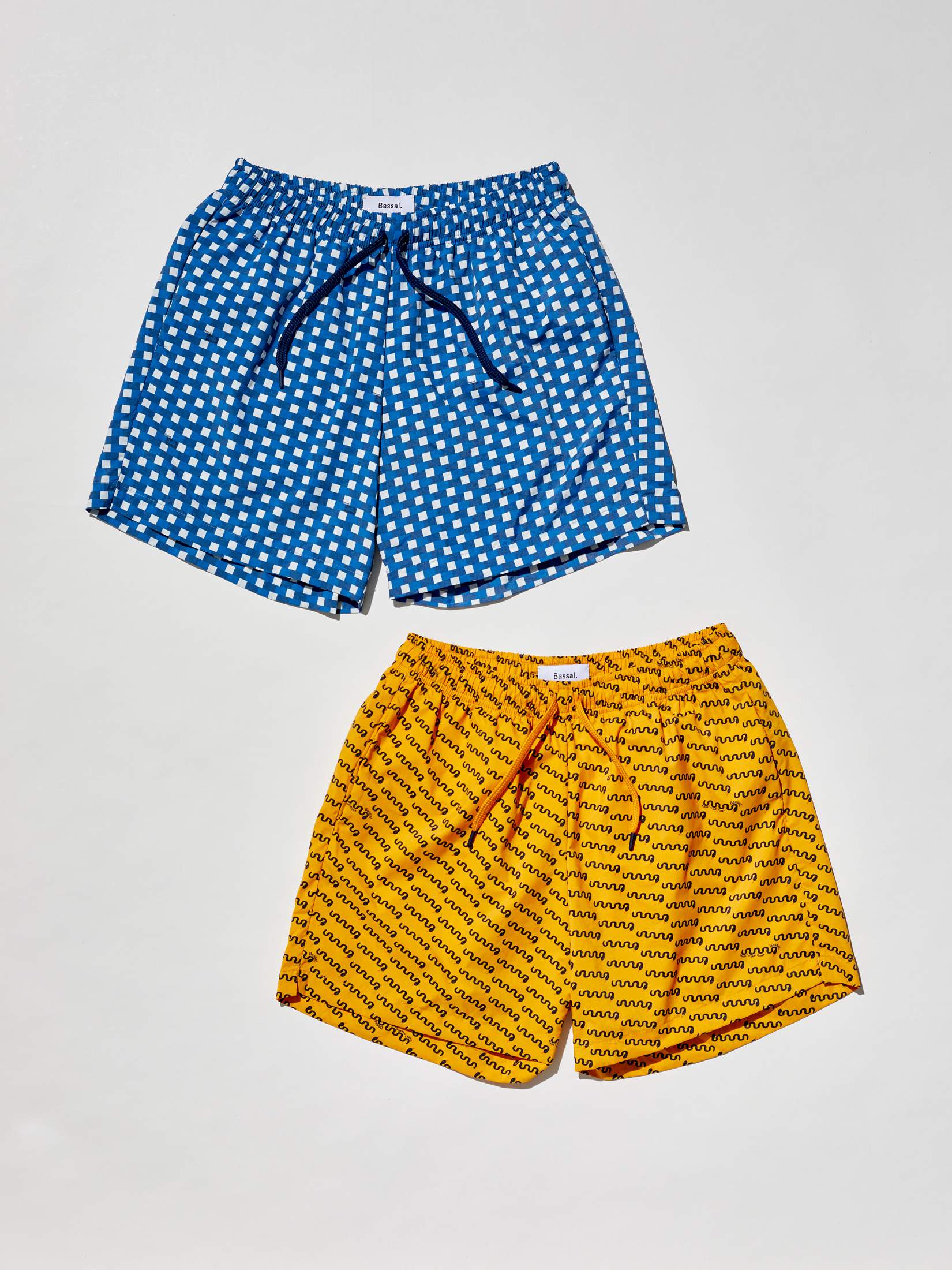
It was a visit to Kyoto that inspired Pol Bassal to open his own shop in Barcelona. “I kept noticing all these really well-designed stores selling Japanese brands,” he says. “I thought that’s what my city is missing.” His eponymous, multi-brand shop opened next to La Pedrera-Casa Milà in 2020, stocking mostly Spanish designers with the odd high-end international label thrown in. There’s also a range of swimwear designed by Bassal himself, ranging from one-piece suits for women and swimming trunks for men featuring upbeat colours and graphic patterns. “I noticed a lack of swimwear made using premium, European-sourced materials and thought it was time to do something about it,” he says.
bassal.store
5
Body of evidence
Roda
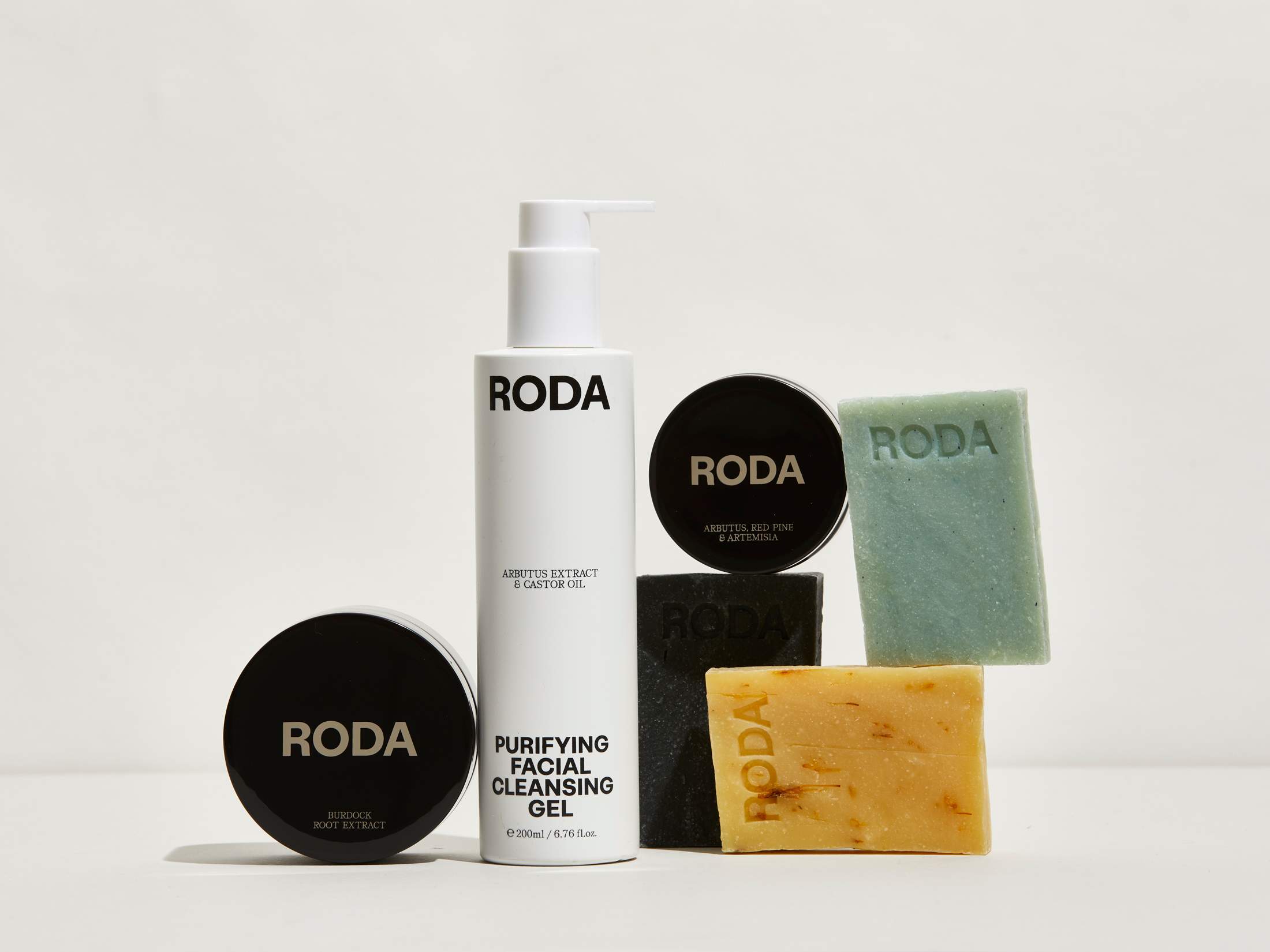
Marta Jubero Domènech took an unconventional route to becoming a beauty entrepreneur. The Barcelona native was working in San Francisco for an aerial-software company when she realised that she could take what she had learned in tech and use it in cutting-edge cosmetics. “I’d come into contact with the ways in which data science could be applied to health,” she says. “I noticed that beauty was missing the modern way of formulating products.” In 2020, Jubero Domènech returned to Barcelona, where she set up Roda with her brother, Virgili. Their first step was to create a database of more than 10,000 ingredients and 2,000 dermatological studies. They then analysed the data using AI-assisted techniques to develop the product formulas. The result is a concise range that prioritises ingredients from the Mediterranean region.
rodacosmetics.com
6
Delivering the goods
Manuel Dreesmann
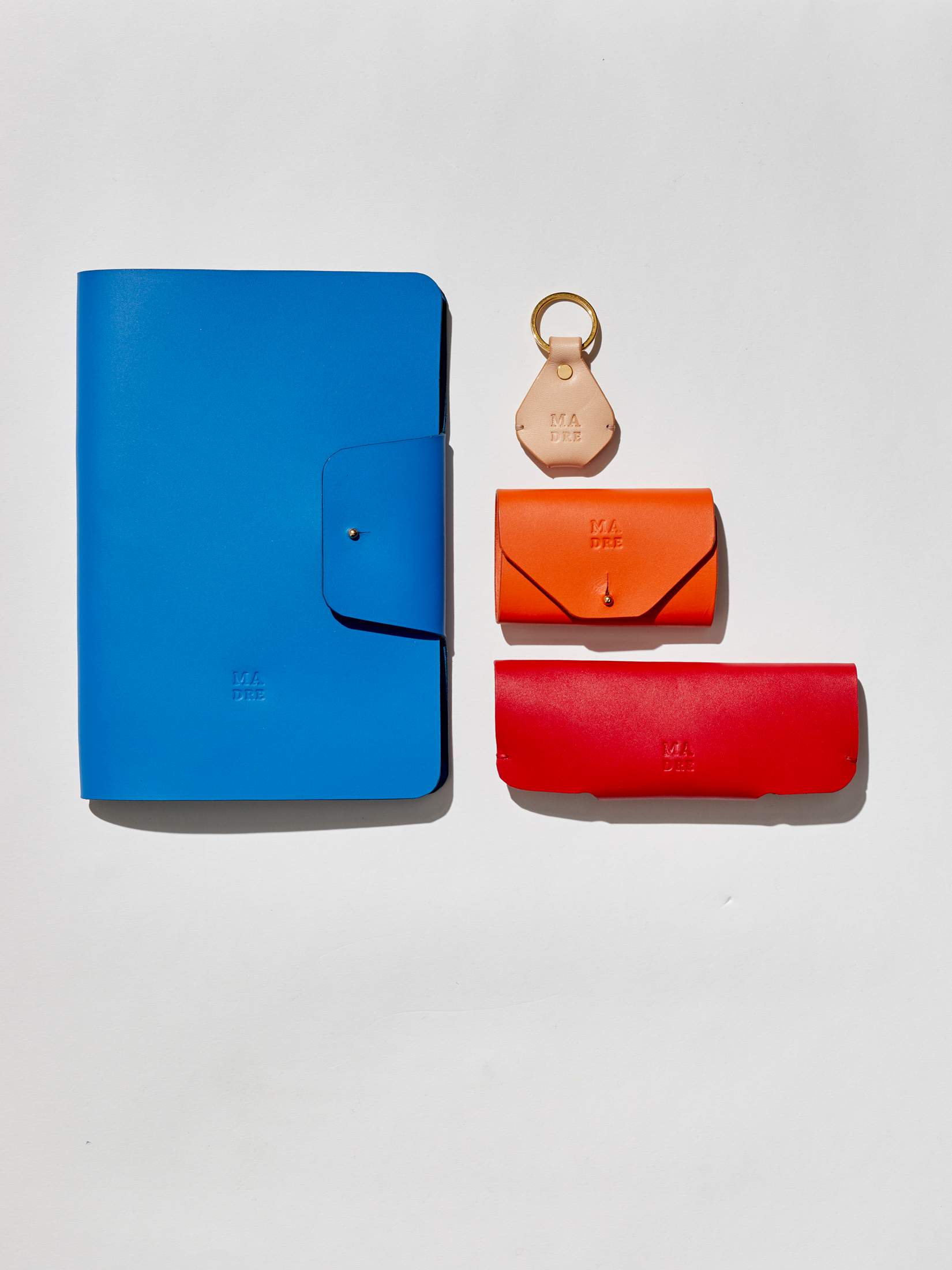
After graduating from his design studies in Germany, Bremen-born Manuel Dreesmann headed to Barcelona to forge a new life for himself. “I instantly fell in love with the city and its vibrant atmosphere,” says Dreesmann, who took on various freelance design jobs before launching his own leather goods brand in 2018. “Initially, I was just making things for friends and family. As more and more people started showing interest, I decided that this could be the project upon which I build my career.” In 2021 he opened an atelier and showroom in the El Born neighbourhood. It’s here that Dreesmann and his small team of artisans create their wares, cutting and stitching with precision to create a range of bags, belts, wallets and laptop sleeves. “We carefully select only the finest, vegetable-tanned leathers,” he says. “Most of it comes from renowned tanneries in Igualada, just a stone’s throw from Barcelona.”
manuel-dreesmann.com
7
Working class
Bastida
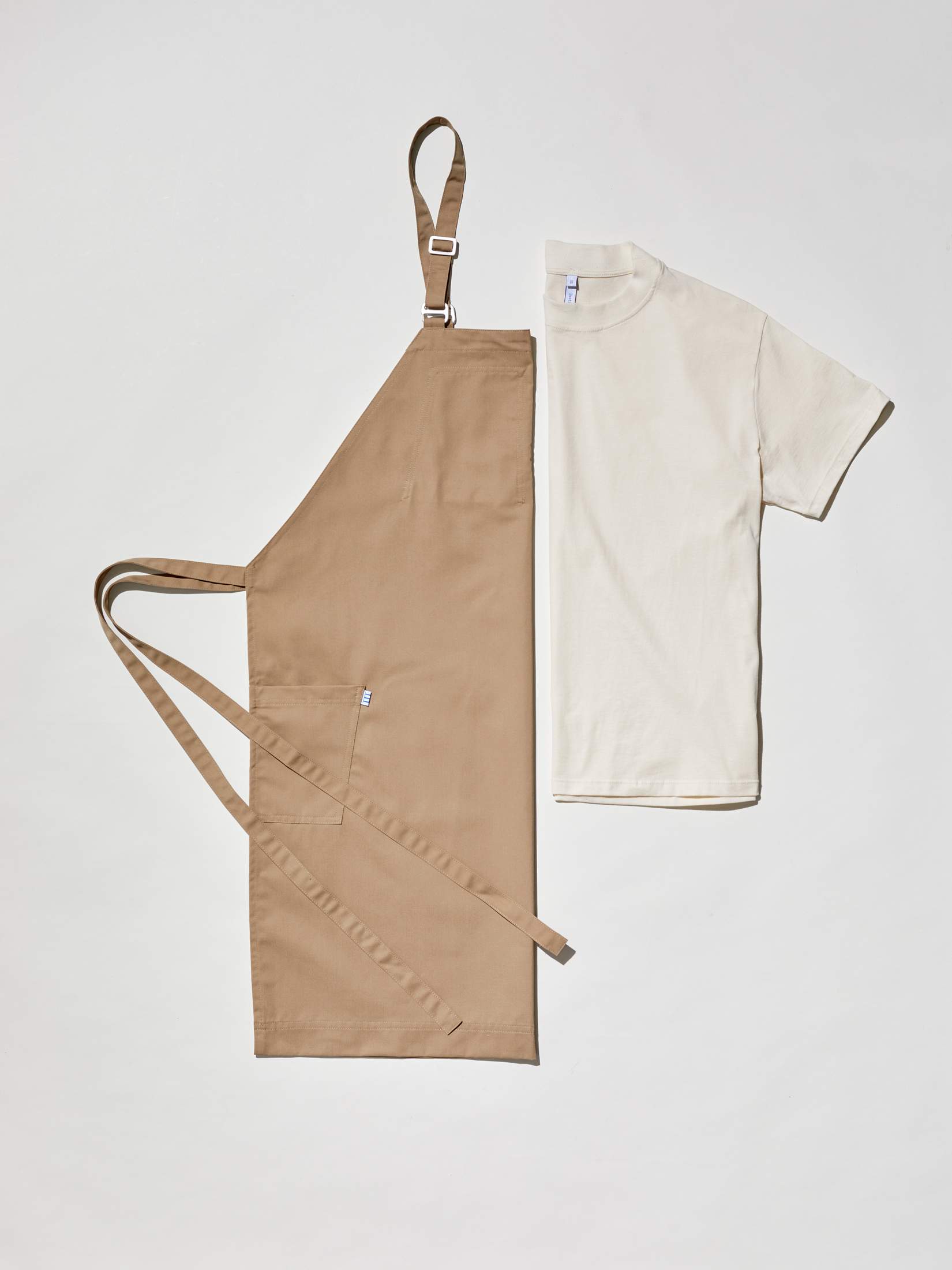
Bastida is known for its unisex range of workwear, made in workshops along Barcelona’s industrial fringes. You’ll spot Bastida-designed uniforms in some of Spain’s most elegant establishments, from Seville to Madrid, but its heavy cotton T-shirts and loose trousers work just as well in day-to-day life.
bastidaforwork.com


